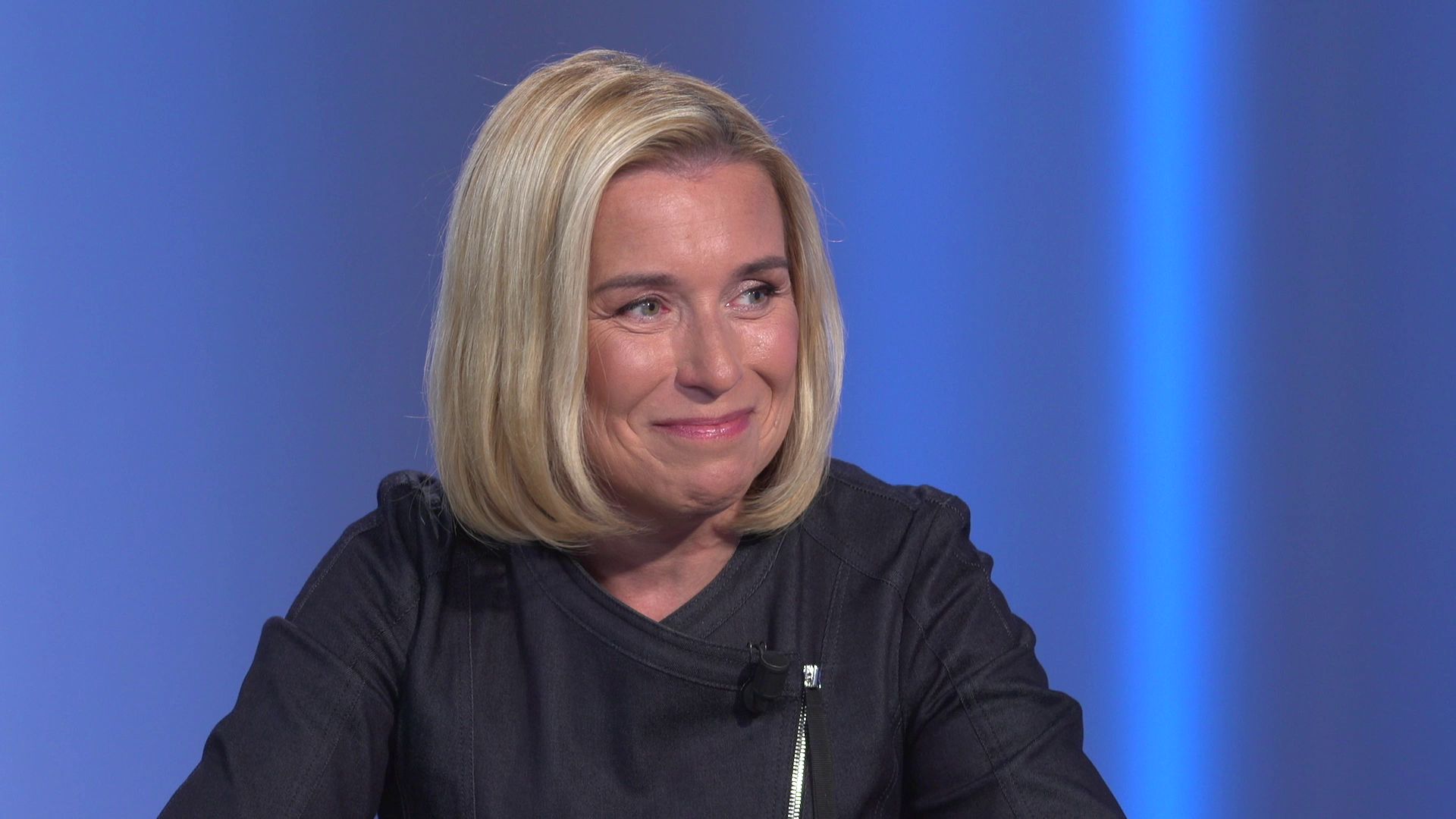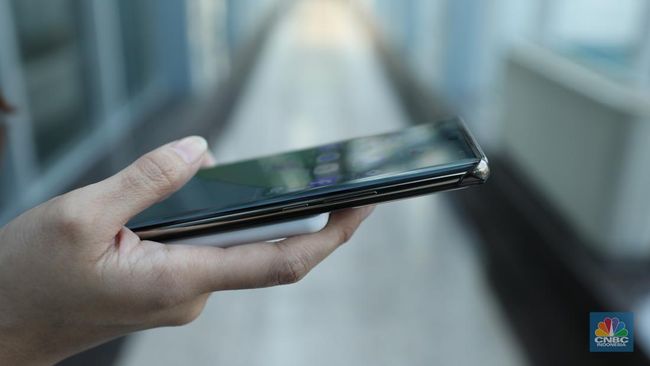#concerned #strong #police #actions
The UN human rights chief expressed “concern” about the “disproportionate impact” of police interventions on campuses in the United States, to dislodge pro-Palestinian demonstrators.
“I am concerned that some actions taken by law enforcement at a range of universities appear to be having a disproportionate impact,” said in a statement, the United Nations High Commissioner for Human Rights, Volker Türk, who spoke of a series of “strong measures taken to disperse and dismantle the demonstrations” on American campuses.
The wave of protest against Israel’s war against Hamas in the Gaza Strip has been spreading across American universities for ten days. The movement started from New York’s Columbia University where one hundred people were arrested on April 18.
Hundreds of students arrested
“Large protests have also taken place on campuses in other countries in recent days,” underline the services of High Commissioner Türk, noting that most of the demonstrations took place without incident and are continuing.
However, in several places, demonstrations were dispersed or dismantled by security forces. Hundreds of students were arrested.
Many of them were later released, while others still face charges or academic sanctions.
Actions taken by university authorities and law enforcement officials to restrict this expression must be carefully considered, to ensure that they do not go beyond what is clearly necessary to protect rights and the freedoms of others, or for another legitimate objective such as maintaining public health or order, Türk argued.
Anti-Semitic and anti-Arab speeches
“Freedom of expression and the right to peaceful assembly are fundamental to society – especially when there are deep disagreements over major issues, as is the case with the conflict in the Occupied Palestinian Territory and in Israel »did he declare.
He thus recalled this “strong historical tradition of student activism, virulent debate and freedom of expression and peaceful assembly” in American universities. For him, “It must, however, be clear that the legitimate exercise of freedom of expression cannot be confused with incitement to violence and hatred.”
Especially since the demonstrations have revived the tense debate since the Hamas attack in Israel on October 7, on freedom of expression and allegations of anti-Semitism. On this subject, Türk stressed that anti-Semitic behavior and speech “were totally unacceptable and deeply disturbing” and that the “Anti-Arab and anti-Palestinian behavior and speech are equally reprehensible.”
Dangerous rhetoric
A way of remembering that “Incitement to violence or hatred based on identity or points of view – whether real or perceived – must be firmly rejected”. “We have already seen that such dangerous rhetoric can quickly lead to real violence”insisted the High Commissioner.
However, he said, “Such conduct can and should be combatted individually, rather than through sweeping measures that blame all members of a protest for the unacceptable views of a few.”
“Here and elsewhere, responses from universities and law enforcement must be guided by human rights law, enabling dynamic debate and protecting safe spaces for all,” concluded the UN human rights chief.
An independent UN human rights expert has also accused universities of cracking down on students protesting Israel’s war in Gaza, shining a spotlight on the issue of freedom of expression around the world.
“The Gaza crisis is becoming a truly global crisis of freedom of expression,” said Irene Khan, United Nations Special Rapporteur on the promotion and protection of the right to freedom of opinion and expression.









